Queensland budget: Stamp duty and land tax tipped to top $10bn in four years
The amount Queensland nets in stamp duty and land tax is expected to surge over the next four years to pass $10bn combined as the state’s property market booms.
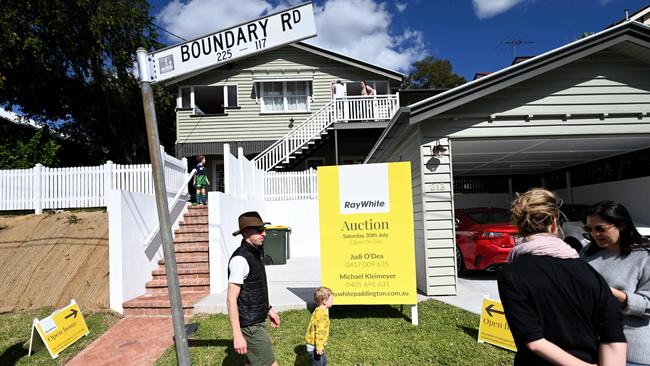
The amount Queensland nets in stamp duty and land tax is expected to surge over the next four years to surpass $10bn a year combined as the state’s property market continues to boom.
Residential property buyers are expected to pay $7.6bn in transfer duties to the state in the 2027-28 financial year, an increase of more than a third on the $5.6bn reaped this year.
Land tax is expected to almost double from the $1.7bn collected in 2022-23 to $3.3bn in four years.
Southeast Queensland and the Wide Bay-Burnett regions have reported some of the most significant home price growth in the country since the pandemic, with cumulative rises of more than 60 per cent. In May, Brisbane overtook Melbourne and Canberra to become the nation's second most expensive city.
The budget expects the rate of price growth to moderate over the years in line with long-term historical trends, while sales numbers should remain stable but higher than pre-Covid levels.
To help first-home buyers into the market, the government announced it would lift the transfer duty threshold for the first time in 16 years. Since 2008, market entrants were exempt from the purchase tax up until $550,000, with the concession scaled to $550,000. The latest budget will increase the limit to $700,000, with the concession topping out at $800,000.
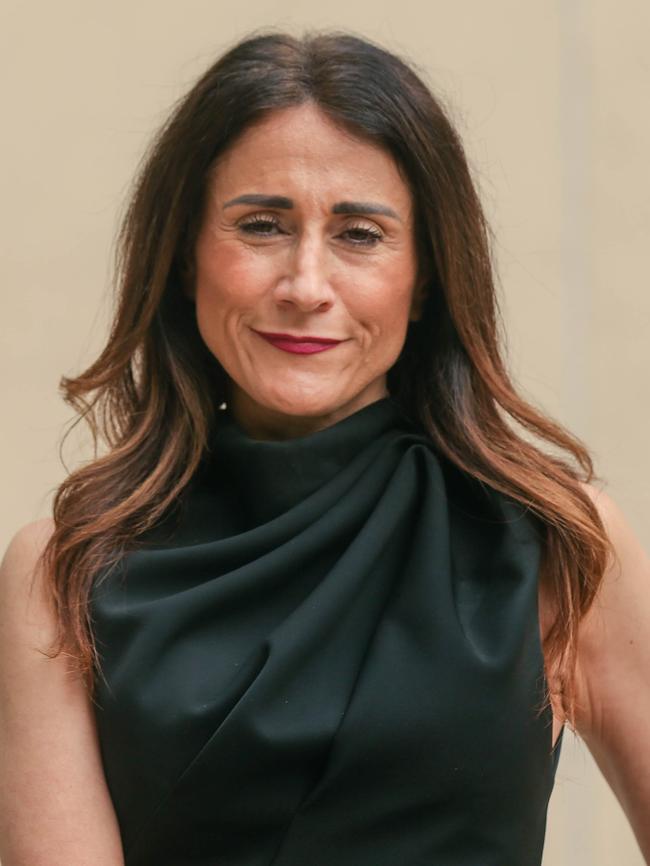

Real Estate Institute of Queensland chief executive Antonia Mercorella welcomed the “long-overdue” increase but said the impact on parts of Brisbane and the Gold Coast would be limited; she called on the government to take concessions further by offering a bespoke approach that acknowledged different housing markets.
To help offset the cost of housing assistance, land tax for foreign investors will be increased from 2 per cent to 3 per cent.
Property Council of Australia Queensland executive director Jess Caire said the decision to increase taxes for investors with a portion of international funding would be the final nail in the coffin for the state’s apartment stocks.
“These companies are the cure to our sick housing system, but this new tax will make the illness terminal,” Ms Caire said.


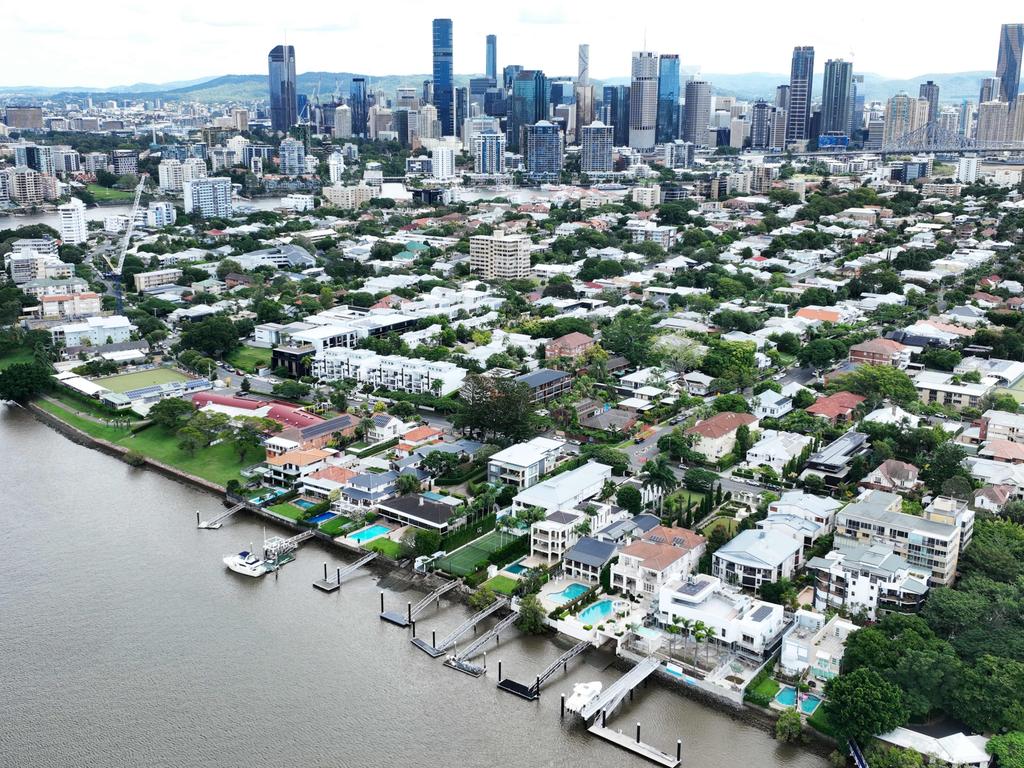
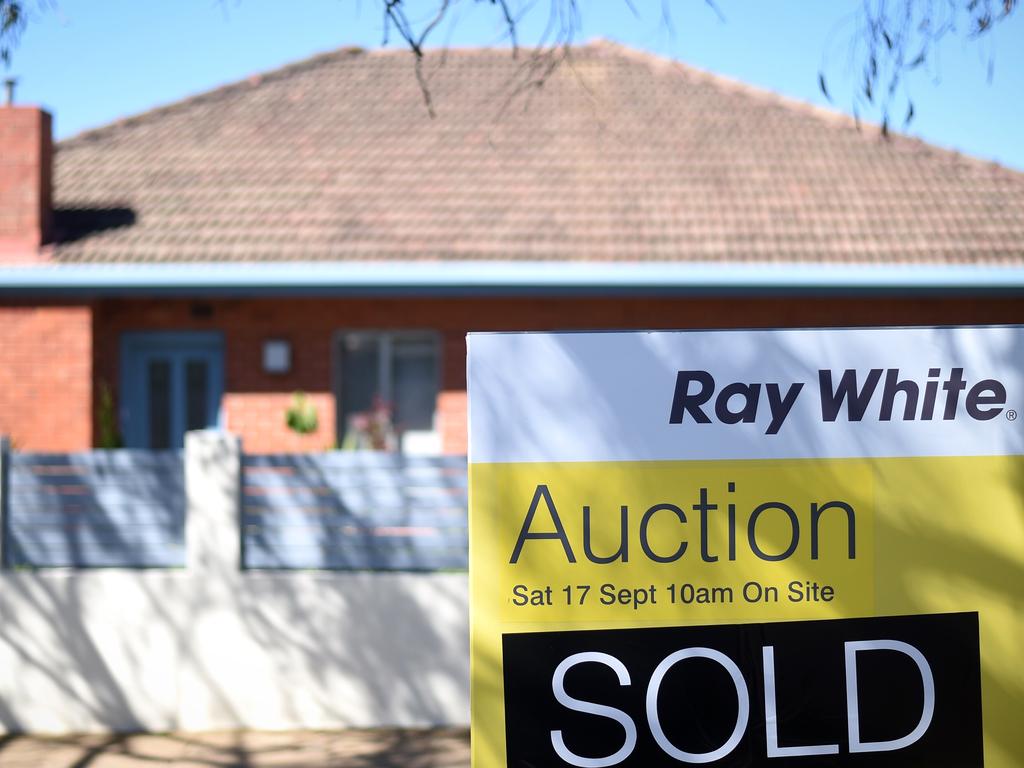
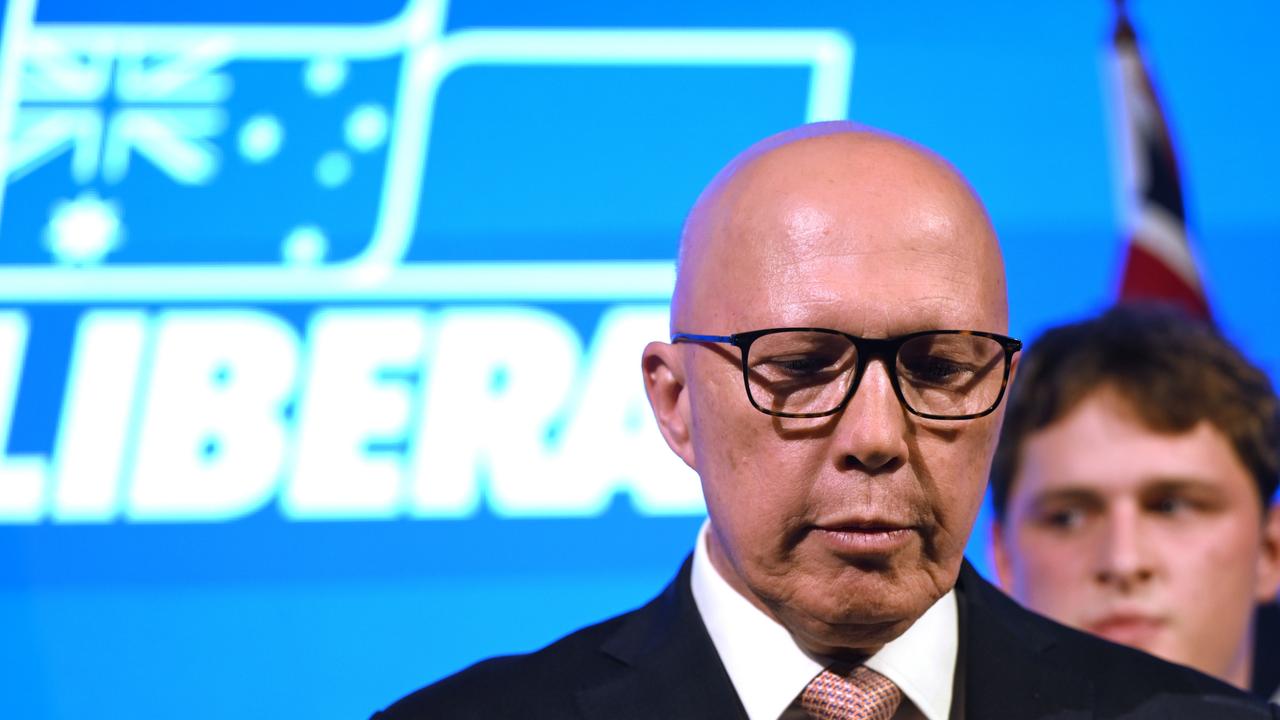
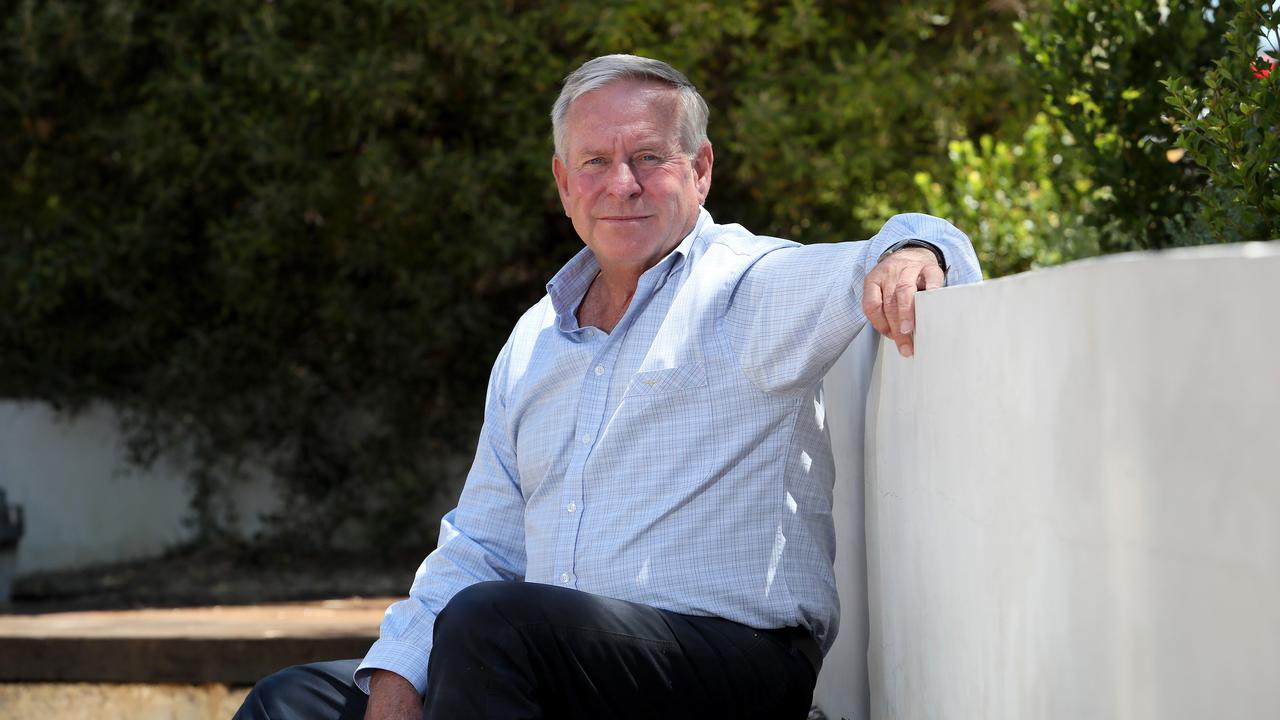
To join the conversation, please log in. Don't have an account? Register
Join the conversation, you are commenting as Logout